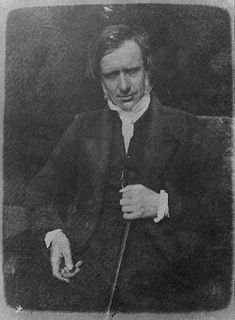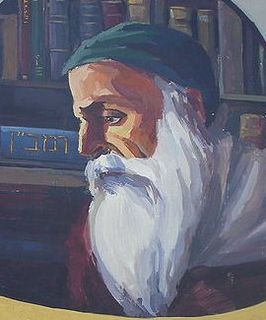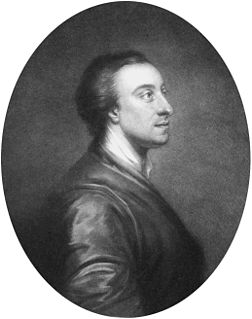A Quote by Horace
When a man is just and firm in his purpose,
The citizens burning to approve a wrong
Or the frowning looks of a tyrant
Do not shake his fixed mind, nor the Southwind.
Wild lord of the uneasy Adriatic,
Nor the thunder in the mighty hand of Jove:
Should the heavens crack and tumble down,
As the ruins crushed him he would not fear.
Related Quotes
Our culture, therefore, must not omit the arming of the man. Let him hear in season, that he is born into the state of war, and that the commonwealth and his own well-being require that he should not go dancing in the weeds of peace, but warned, self- collected, and neither defying nor dreading the thunder, let him take both reputation and life in his hand, and, with perfect urbanity, dare the gibbet and the mob by the absolute truth of his speech, and the rectitude of his behaviour.
If the world is ever conquered for our Lord, it is not by ministers, nor by office-bearers, nor by the great, and noble and mighty, but by every member of Christ's body being a working member; doing his work; filling his own sphere; holding his own post; and saying to Jesus, "Lord, what wilt Thou have me to do?"
In any given moment, a man's growth is optimized if he leans just beyond his edge, his capacity, his fear. He should not be too lazy, happily stagnating in the zone of security and comfort. Nor should he push far beyond his edge, stressing himself unnecessarily, unable to metabolize his experience. He should lean just slightly beyond the edge of fear and discomfort. Constantly. In everything he does.
For him who is perfect in love and has reached the summit of dispassion there is no difference between his own or another's, or between Christians and unbelievers, or between slave and free, or between male and female. But because he has risen above the tyranny of the passions and has fixed his attention on the single nature of man, he looks on all in the same way and shows the same disposition to all. For in him there is neither Greek nor Jew, male nor female, bond not free, but Christ who 'is all, and in all' (Col. 3:11; cf. Gal. 3:28).
The immortal mind, superior to his fate, amid the outrage of external things, firm as the solid base of this great world, rests on his own foundation. Blow, ye winds! Ye waves! ye thunders! roll your tempests on! Shake, ye old pillars of the marble sky! Till at its orbs and all its worlds of fire be loosen'd from their seats; yet still serene, the unconquer'd mind looks down upon the wreck; and ever stronger as the storms advance, firm through the closing ruin holds is way, when nature calls him to the destin'd goal.
Cry, the beloved country, for the unborn child that's the inheritor of our fear. Let him not love the earth too deeply. Let him not laugh too gladly when the water runs through his fingers, nor stand too silent when the setting sun makes red the veld with fire. Let him not be too moved when the birds of his land are singing. Nor give too much of his heart to a mountain or a valley. For fear will rob him if he gives too much.
We come before God to pray for the missing and the dead, and for those who loved them... Our purpose as a nation is firm, yet our wounds as a people are recent and unhealed and lead us to pray... This world he created is of moral design. Grief and tragedy and hatred are only for a time. Goodness, remembrance, and love have no end, and the Lord of life holds all who die and all who mourn... Neither death nor life nor angels nor principalities, nor powers nor things present nor things to come nor height nor depth can separate us from God's love.
And for a disciple thus freed, in whose heart dwells peace, there is nothing to be added to what has been done, and naught more remains for him to do. Just as a rock of one solid mass remains unshaken by the wind, even so, neither forms, nor sounds, nor odors, nor tastes, nor contacts of any kind, neither the desired, nor the undesired, can cause such an one to waver. Steadfast is his mind, gained is deliverance.



































